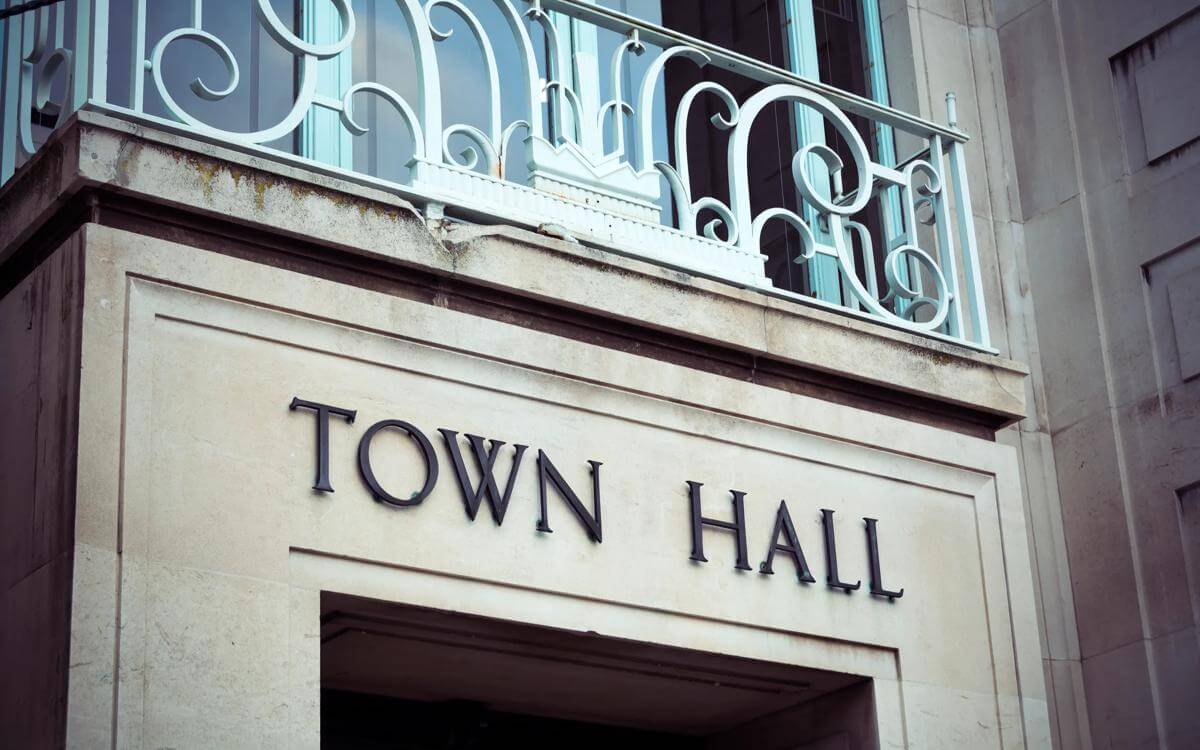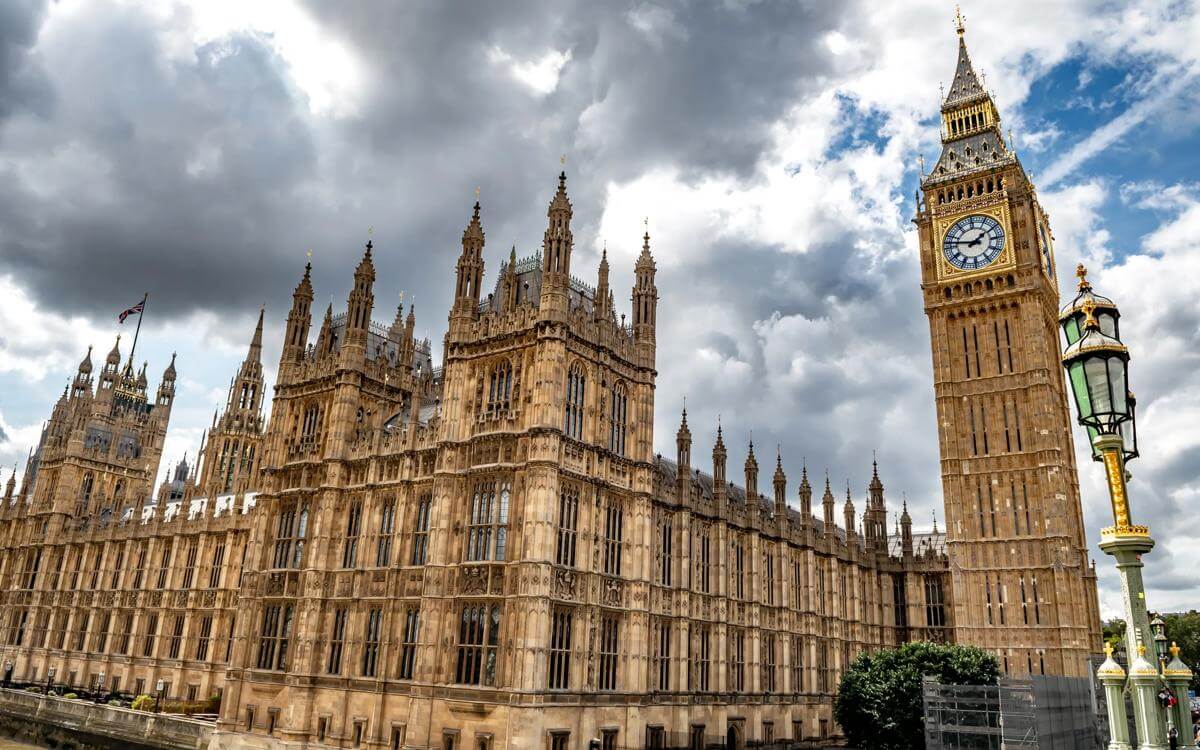Ofsted’s revised complaints procedure is now fully implemented with the second batch of promised amendments published on 5 April 2024.
Where inspection activity has taken place after 4 April 2024, the revised procedure will apply in full.
A summary of the changes
We’ve previously written about Ofsted’s consultation on these changes but it may be useful for schools and academy trusts to remind themselves of the confirmed and latest changes. To summarise:
1. Where a school wishes to make a formal complaint about an inspection, it must now do so on receiving the draft inspection report from Ofsted:
- Once a school has received its draft report, it has the option of either raising minor concerns about the report or submitting a formal complaint using Ofsted’s online complaint form.
- Where there are more significant concerns about the inspection process, judgements or inspector conduct, a school will therefore need to take the opportunity at this stage to submit a formal complaint.
- Ofsted’s procedure expressly states that if the opportunity is not taken at this stage, for example if the school instead opts to only highlight more minor points at this stage, Ofsted will not normally accept any subsequent formal complaint. Essentially, there is only one bite of the cherry.
2. Publication will be delayed where the [short] timeframes are followed:
- Where a school intends to raise a formal complaint, it must do so within five working (not school) days of receiving the draft report.
- If these timelines are adhered to, Ofsted will withhold publication of the report while it considers the complaint.
3. Ofsted’s investigation into the complaint will include a telephone call with the school:
- Schools can expect to be contacted by telephone by the investigating officer to discuss the complaint.
- We expect many providers will welcome this chance to verbally explain and clarify the issues of contention, particularly the impact, which can be difficult to express via an online complaints form.
- It will also hopefully offer an additional safety net in terms of ensuring key aspects of the complaint are not missed.
4. There will be no further review of the complaint by Ofsted:
- Once Ofsted has responded to the school’s formal complaint (which it will aim to do within 30 working days of submission), there is no further recourse for the school via Ofsted.
- The previous complaints procedure included the option of an internal review (“step 3”) by Ofsted, now, if the school remains dissatisfied, its next port of call is the Independent Complaints Adjudication Service for Ofsted (ICASO).
- Schools should note that ICASO has no power to quash inspection judgements or require Ofsted to reinspect.
- Its role is to investigate and then provide advice and recommendations to improve Ofsted’s systems and practices for dealing with complaints.
In addition to these four key areas, there remains an expectation that concerns should be raised informally and at the earliest opportunity with inspectors during the visit.
To the extent that they are not resolved through that dialogue, Ofsted now offers schools the opportunity to speak to a senior inspector (independent from the particular inspection) on the day following the end of the inspection visit.
Step-by-step, a useful resource
It’s worth bookmarking this flowchart which explains the new complaints process in ‘steps’, published on the government’s website to coincide with these revisions.
What these changes mean in principle
The new, slimmed-down procedure offers more direct conversation with Ofsted which, in principle, could serve as an effective mediation tool.
Removing the stage which previously required lead inspectors to review and respond to weighty concerns about an inspection they had overseen is also sensible.
What we hope these changes mean in practice
Of course, away from procedural steps, the quality of Ofsted’s responses to complaints is a vital part of restoring faith in the system.
For example, ensuring that fundamental aspects are not brushed-over; reassuring schools that conduct matters have been properly investigated, recognised and dealt with; explaining the “why” for judgements with reference to clear evidence where the on-site inspection has failed to do so.
Further change?
How permanent this iteration of Ofsted’s complaints procedure will be is an additional question. The Education Committee report, published in January 2024, included various relevant recommendations, including exploration of having an independent body with full powers to investigate judgements and scrutinise the evidence base (a much wider remit than ICASO currently has).
That report also recommended that Ofsted allows schools access to the evidence base when making a complaint, a transparency point which has long frustrated education providers.
Ofsted has committed to considering these recommendations through its ‘Big Listen’; its live consultation process which closes on 31 May 2024.
Apparently, “nothing is off the table” in terms of potential, further reform.










































